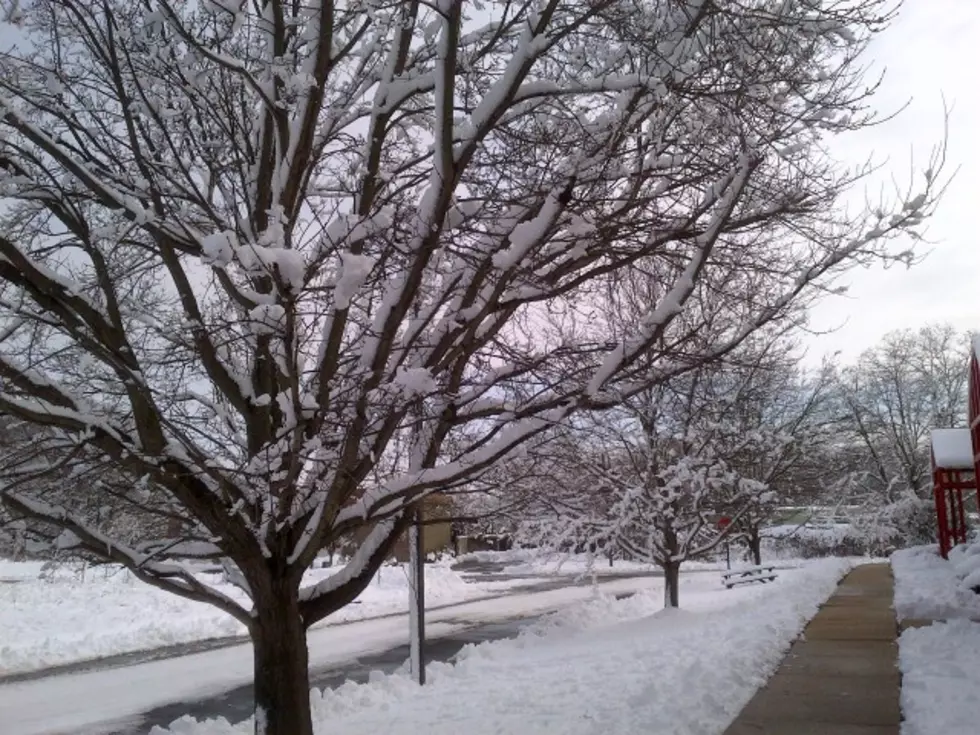
NJ may be too cold and snowy for some trees
It's no secret that snow and ice can damage cars and their undercarriages if they are not cleaned properly. But snow can also affect trees and shrubs, so it's important to take care of them in the wake of storms.
Gary Lovallo, owner of Chestnut Arboricultural and Forestry Services in Old Bridge and an arboricultural expert, said it's not the snow itself that is bad for trees because as it melts, it waters the roots.
What's bad for trees is the snow and ice loads that accumulate on branches. The ice is heavy when it gets on branches and that causes breakages, especially in trees with defects.
New Jersey is one of the most diverse states in terms of tree species and most of them are cold-hearty. It's the non-cold hearty trees that run the risk of damage and death. One of the considerations is that native trees are important to the state's landscape, said Lovallo.
"The best advice I can give anyone about protecting their trees from snow and ice loads and even wind damage is pruning," said Lovallo.
A licensed New Jersey tree expert should come out and check out trees on a property. They will analyze trees and remove defective branches and dead wood. When snow and ice loads get on trees, those are the first to break.
He said it's difficult to shake snow off a mature tree. Just let nature take its course with that one. But with smaller trees and shrubs, yes, a person can shake snow off them. But if a person is going to do that, stay from under trees that are heavily sagging or weeping. They can break at any time without much of a notice.
With evergreens, it's easier to use a broom or shovel to lightly tap the tree free of snow.
Native New Jersey trees should be able to withstand the cold. But trees that are planted out-of-zone can die if it's too cold. Many New Jersey residents like to plant crepe myrtles, which can survive a few winters but are susceptible to cold damage and will die, he said.
Fig trees are also popular in New Jersey. Many times you'll see them wrapped in burlap or plastic. That's because the owners know they are not cold-hearty trees and won't survive a New Jersey cold snap.
LOOK: See the iconic cars that debuted the year you were born
More From New Jersey 101.5 FM









